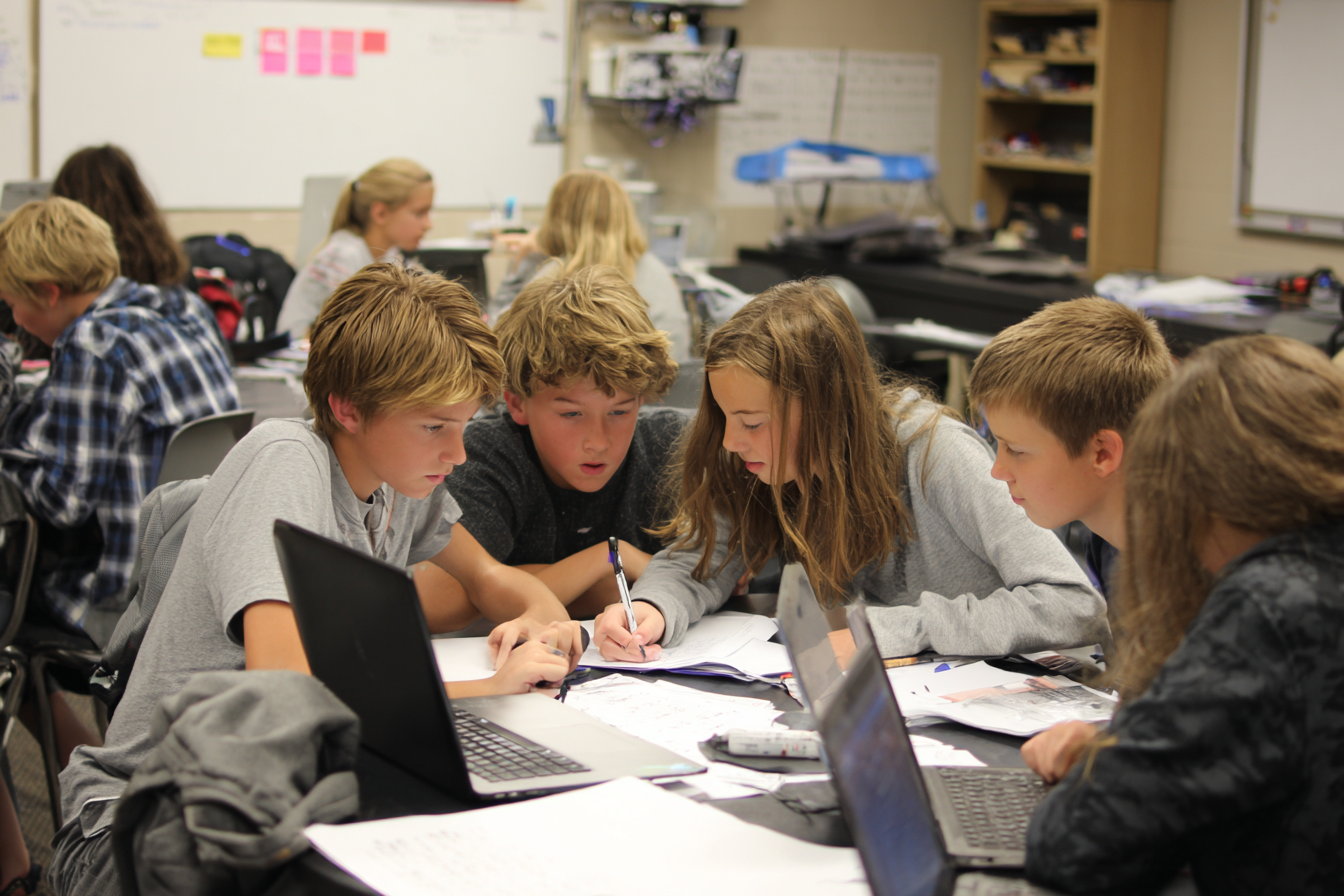Unit Plan 5 (Grade 7 Social Studies): Governance in the Islamic World
Compare how Rashidun, Umayyad, and Abbasid caliphates used religious law, courts, and bureaucracy to claim authority and pursue justice, rule of law, and civic equality across diverse communities.

Focus: Compare caliphate systems, religious law, and civic ideals of justice, rule of law, and equality, using case studies from Rashidun, Umayyad, and Abbasid governance.
Grade Level: 7
Subject Area: Social Studies (Civics • World History • Geography • Inquiry)
Total Unit Duration: 5 sessions (one week), 50–60 minutes per session
I. Introduction
Students examine how early Islamic governments organized political authority (caliph/imam, shūrā, bay‘ah), built administrative institutions (dīwān, taxation, courts), and applied religious law (Sharī‘a drawing on Qur’an, Hadith, ijmā‘, qiyās). They analyze civic ideals—justice (‘adl), rule of law, public welfare (maṣlaḥa)—and evaluate how rights and responsibilities worked for varied communities (merchants, scholars, women, dhimmi).
Essential Questions
- How did different caliphate systems claim and maintain authority and legitimacy?
- In what ways did religious law and administrative institutions promote or limit justice and equality?
- Whose voices and interests are most visible/hidden in sources about governance?
II. Objectives and Standards
Learning Objectives — Students will be able to:
- Compare forms of government and authority across early Islamic states (selection, succession, bureaucracy).
- Analyze how rulers justified power/legitimacy (religion, conquest, lineage, service).
- Describe roles/rights/responsibilities of individuals and communities under Islamic rule.
- Evaluate civic ideals (justice, rule of law) in legal texts and case narratives.
- Assess source reliability/bias and explain how point of view shapes accounts of governance.
Standards Alignment — 7th Grade (C3-based custom)
- 7.C3.Civ.1 — Forms of government and authority in world history.
- 7.C3.Civ.2 — Power, authority, legitimacy in historical contexts.
- 7.C3.Civ.3 — Roles, rights, responsibilities across political/social systems.
- 7.C3.Civ.4 — Civic ideals (justice, rule of law, liberty) in legal traditions.
- 7.C3.Inq.3 — Evaluate source reliability, bias, audience, and point of view.
Success Criteria — Student Language
- I can compare two caliphates and explain how each justified authority.
- I can cite a legal/administrative source to show how justice or rights worked in practice.
- I can identify bias or perspective in a source and explain how it affects the account.
